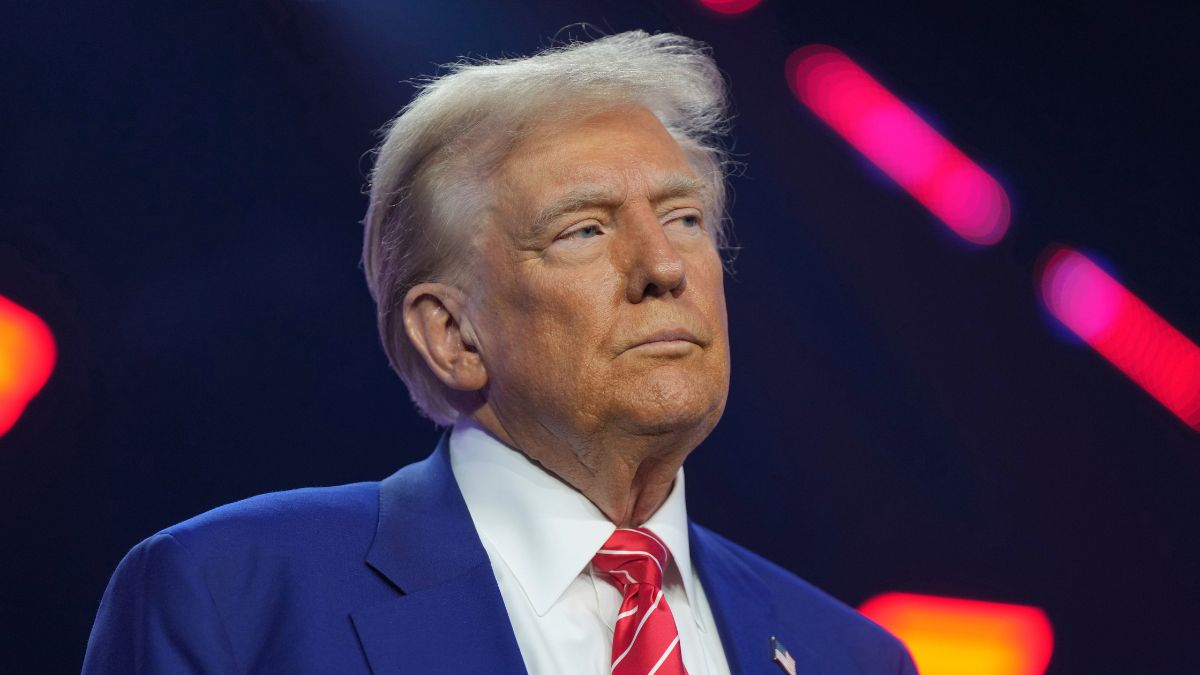Today, Donald Trump is one step closer to becoming US president as a congressional joint session will meet to count electoral votes. The counting scheduled for January 6 (Monday) is anticipated to proceed more smoothly than the one held four years ago. During that previous session, a violent mob disrupted the process in an attempt to halt and overturn results that were unfavourable to then-President Donald Trump.
This year, Trump is returning to the top office after winning the presidential battle against Kamala Harris . Notably, she will oversee the certification of her own defeat, carrying out her constitutional duty just as former Vice President Mike Pence did once the violence on January 6, 2021, had subsided.
The Electoral College is one of the most important steps in the process of picking the president of the United States. Although this is a routine step, it is still a necessary part of the process where the Electoral College officially elects the winner. The meeting is required by the Constitution and includes several distinct steps.
What will happen when Congress convenes?
Federal law mandates that Congress convene on January 6 to open sealed certificates from each state, containing their electoral votes . These votes are presented in special mahogany boxes specifically designated for the occasion.
According to the process, bipartisan representatives of both chambers read the results out loud and do an official count. The vice president looks over the process.
The Constitution requires Congress to meet and count the electoral votes. If there is a tie, then the House decides the presidency, with each congressional delegation having one vote. That hasn’t happened since the 1800s, and won’t happen this time because Trump’s electoral win over Harris was decisive, 312-226.
What has changed since last time?
In a first since the Electoral College came into existence, Congress changed the rules for the certification following the violence of 2021 and Trump’s attempts to usurp the process.
Since the last time, the Congress passed the revised Electoral Count Act 2022, which more clearly defines the vice president’s role after Trump pressured Pence to object to his loss - an action exceeding the vice president’s ceremonial duties. Pence rejected Trump’s demands and ultimately presided over the certification of his own defeat. Harris is set to do the same.
The updated law clarifies that the vice president does not have the power to determine the results on January 6.
Harris and Pence were not the first vice presidents to be put in the uncomfortable position of presiding over their own defeats. In 2001, Vice President Al Gore presided over the counting of the 2000 presidential election that he narrowly lost to Republican George W Bush. Gore had to gavel several Democrats’ objections out of order.
In 2017, Biden as vice president presided over the count that declared Trump the winner. Biden also shot down objections from House Democrats that did not have any Senate support.
What happens at the session?
The presiding officer opens and presents the certificates of the electoral votes in alphabetical order of the states. The appointed “tellers” from the House and Senate, members of both parties, then read each certificate out loud and record and count the votes. In the end, the presiding officer announces who has won the majority votes for both president and vice president.
What happens if there’s an objection?
Once a teller reads a state’s certificate, a lawmaker may raise an objection to that state’s vote on any grounds. However, the presiding officer will only consider the objection if it is submitted in writing and supported by at least one-fifth of members from both chambers.
The threshold is now significantly higher than before. Previously, an objection required backing from just one senator and one representative. The 2022 law raised this standard to make objections more challenging.
In 2021, both the House and Senate rejected challenges to the electoral votes in Arizona and Pennsylvania.
Before 2021, the last time that such an objection was considered had been 2005, when Rep. Stephanie Tubbs Jones of Ohio and Sen. Barbara Boxer of California, both Democrats, objected to Ohio’s electoral votes, claiming there were voting irregularities. Both the House and Senate debated the objection and easily rejected it. It was only the second time such a vote had occurred.
What comes after Congress counts the votes?
After Congress certifies the vote, the president is inaugurated on the west front of the Capitol on January 20. The joint session is the last official chance for objections, beyond any challenges in court. Harris has conceded and never disputed Trump’s win.
With inputs from AP


)

)
)
)
)
)
)
)
)



